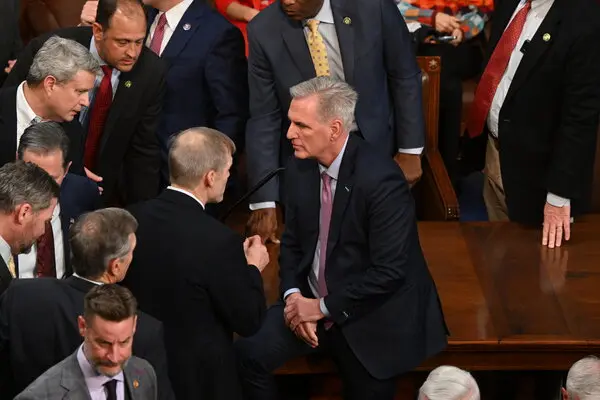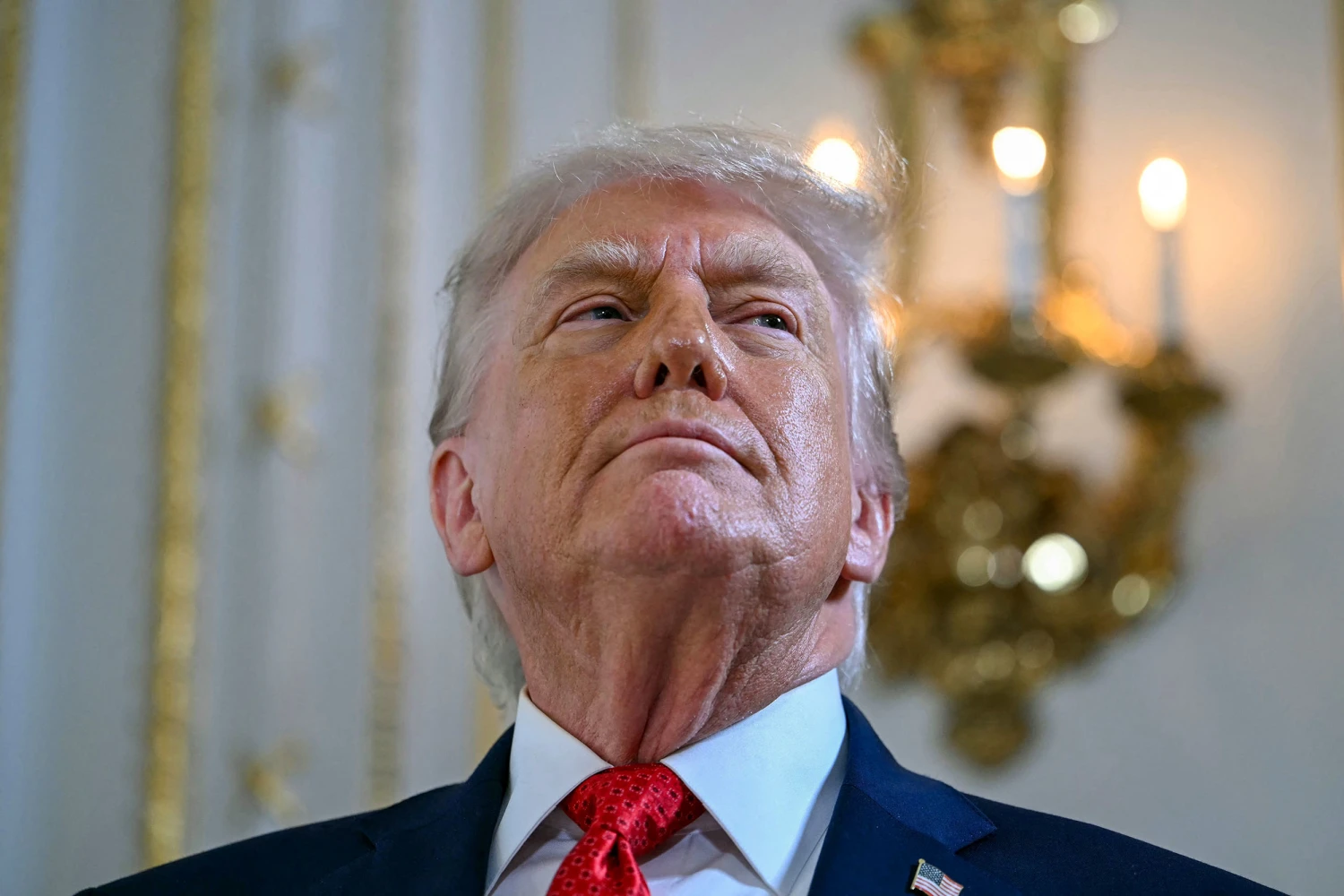WASHINGTON — The new Republican majority in the House of Representatives has Washington and Wall Street bracing for a revival of brinkmanship over the nation’s statutory debt limit, raising fears that the fragile U.S. economy could be rattled by a calamitous self-inflicted wound.
For years, Republicans have sought to tie spending cuts or other concessions from Democrats to their votes to lift the borrowing cap, even if it means eroding the world’s faith that the United States will always pay its bills. Now, back in control of a chamber of Congress, Republicans are poised once again to leverage the debt limit to make fiscal demands of President Biden.
The fight over the debt limit is renewing debates about what the actual consequences would be if the United States were unable to borrow money to pay its bills, including what it owes to the bondholders who own U.S. Treasury debt and essentially provide a line of credit to the government.
Some Republicans argue that the ramifications of breaching the debt limit and defaulting are overblown. Democrats and the White House — along with a variety of economists and forecasters — warn of dire scenarios that include a shutdown of basic government functions, a hobbled public health system and a deep and painful financial crisis.
Speaker Kevin McCarthy signaled this week that he and his fellow Republicans would seek to use the debt limit standoff to enact spending cuts and reduce the national debt. He said that lawmakers likely have until summertime to find a solution before the United States runs out of cash, a threshold that is known as “X-date.”
“One of the greatest threats we have to this nation is our debt,” Mr. McCarthy said on Fox News on Tuesday evening, adding, “We don’t want to just have this runaway spending.”
The U.S. May Finally Breach the Debt Ceiling.
Here’s Why That Would Be Very Bad.




